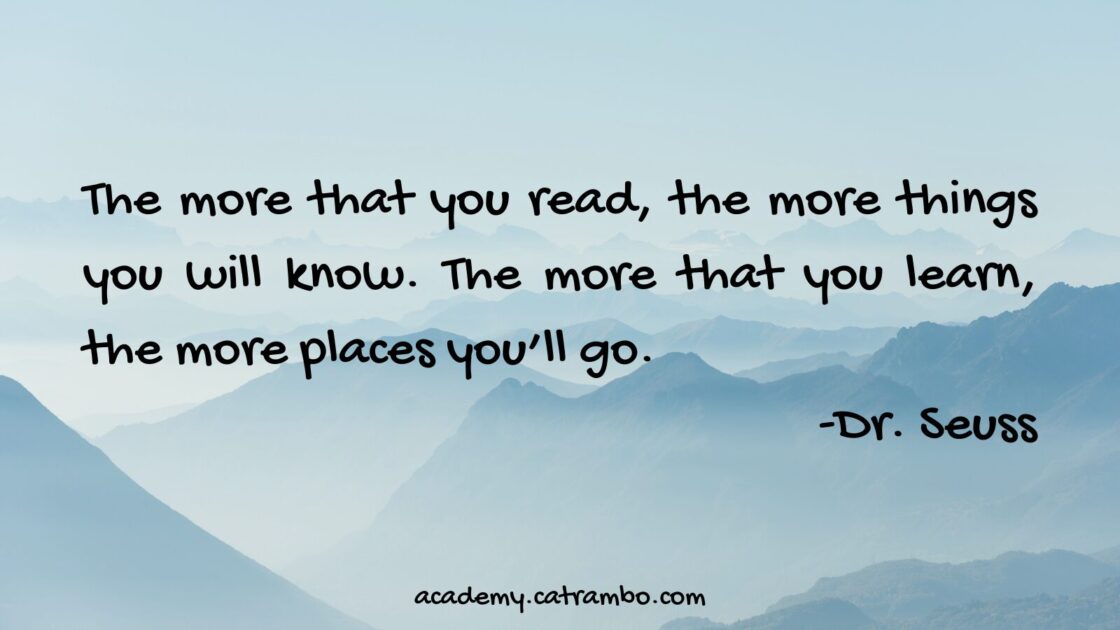Books that I read to blurb or edit are not included in this list. I read over 200 books in 2024, counting books read for editing and feedback as well as for pleasure.
My Top Reads of the Year
Chain Gang All Stars by Nana Kwame Adjel-Brenyah is near future SF focused on the prison system, and is a gripping, savage indictment of the way we treat criminals.
The Last Hour Between Worlds by Melissa Caruso is modern day fantasy with gorgeous worldbuilding and a great queer protagonist.
Dungeon Crawler Carl by Matt Dinniman (and all the subsequent books) are amazing examples of LitRPG, and if you like to play games, you will love these books. This was originally an indie book, but it’s been picked up by a major publisher and is very available.
Menewood by Nicola Griffith is the sequel to her amazing book Hild, and is just as beautifully written.
The Ballad of Perilous Graves by Alex Jennings is fantasy set in a post-Katrina New Orleans and it is gorgeous. I interviewed Alex for If This Goes On; Don’t Panic. You can find the episode here.
The Last Shield by Cameron Johnston is Diehard in a castle with a strong female protagonist and I ate this up.
The Eyes Are the Best Part by Monika Kim is a horror thriller that is transfixing.
Liberty’s Daughter by Naomi Kritzer is near-ish future SF that shows you what a libertarian state really would look like.
Metallic Love by Tanith Lee is the sequel to The Silver Metal Lover so if you loved that book the way I did, you’re welcome.
Alien Clay by Adrian Tchaikovsky is wonderful SF that feels very timely.
How to Be the Dark Lord and Die Trying by Django Wexler is funny as hell and well worth picking up. I’m really looking forward to the sequel.
Someone You Can Build a Nest In by John Wiswell is cozy horror and an utterly delightful love story.

Other 2024 Reads I Really Enjoyed and Highly Recommend
The Poisons We Drink – Bethany Baptiste
Ancestral Night – Elizabeth Bear
Necessary Poisons – Andrea Blythe
The Savage Detectives – Roberto Bolano
Fortune’s Fool – Angela Boord
The Outcast Mage – Annabel Campbell
The Fall is All There Is – C.M. Caplan
Ring Shout – P. Djeli Clark
The Mercy of Gods – James S.A. Corey
Carl’s Doomsday Scenario – Matt Dinniman
The Dungeon Anarchist’s Cookbook – Matt Dinniman
The Eye of the Bedlam Bride – Matt Dinniman
The Gate of the Feral Gods – Matt Dinniman
The Reformatory – Tananarive Due
The Spell Shop – Sarah Beth Durst
Dr. No – Perceval Everett
God’s Country – Perceval Everett
Under the Skin – Michael Faber
Victorian Psycho – Virginia Feito
Shades of Grey – Jasper Fforde
Dragonslave – Dominque Glass
The Unstrung Harp – Edward Gorey
Hild – Nicola Griffith (reread)
This Princess Kills Monsters – Ry Herman
Still the Sun – Charlie N. Holmberg
Dead Set – Richard Kadrey
Fateless – Julie Kagawa
When the Tides Held the Moon – Venessa Vida Kelley
A Sorceress Comes to Call – T. Kingfisher
The Bones Beneath my Skin – TJ Klune
The Poppy War – R.F. Kuang (reread)
Station Eternity – Mur Lafferty
Red Sister (Book of the Ancestor 1) – Mark Lawrence
Grey Sister (Book of the Ancestor 2) – Mark Lawrence
Holy Sister (Book of the Ancestor 3) – Mark Lawrence
The Scarlet Throne – Amy Leow
Six Crimson Cranes – Elizabeth Lim
Black Mouth – Ronald Malfi
Legacy of the Brightwash – Krystle Matar
Adrift in Currents Clean and Clear – Seanan Mcguire
The Fifth Veil of Salome – Silvia Moreno-Garcia
The Tusks of Extinction – Ray Nayler
The Witchstone – Henry H. Neff
Hum – Helen Phillips
Haunt Sweet Home – Sarah Pinsker
The Book of Doors – Gareth Powell
Hells Acre – Lilith Saintcrow
The Incandescent – Emily Tesh
Camp Damascus – Chuck Tingle
Womb City – Tlotlo Tsamaase
State of Paradise – Laura Van den Berg
The SafeKeep – Yael Van der Wouden
Saga, Vols 2, 3, 4, 5 – Brian Vaughn
Horse of a Different Color – Howard Waldrop
Wheel of the Infinite – Martha Wells
The Witch King – Martha Wells
The Staircase in the Woods – Chuck Wendig
The Nickel Boys – Colson Whitehead
Firewatch – Connie Willis





